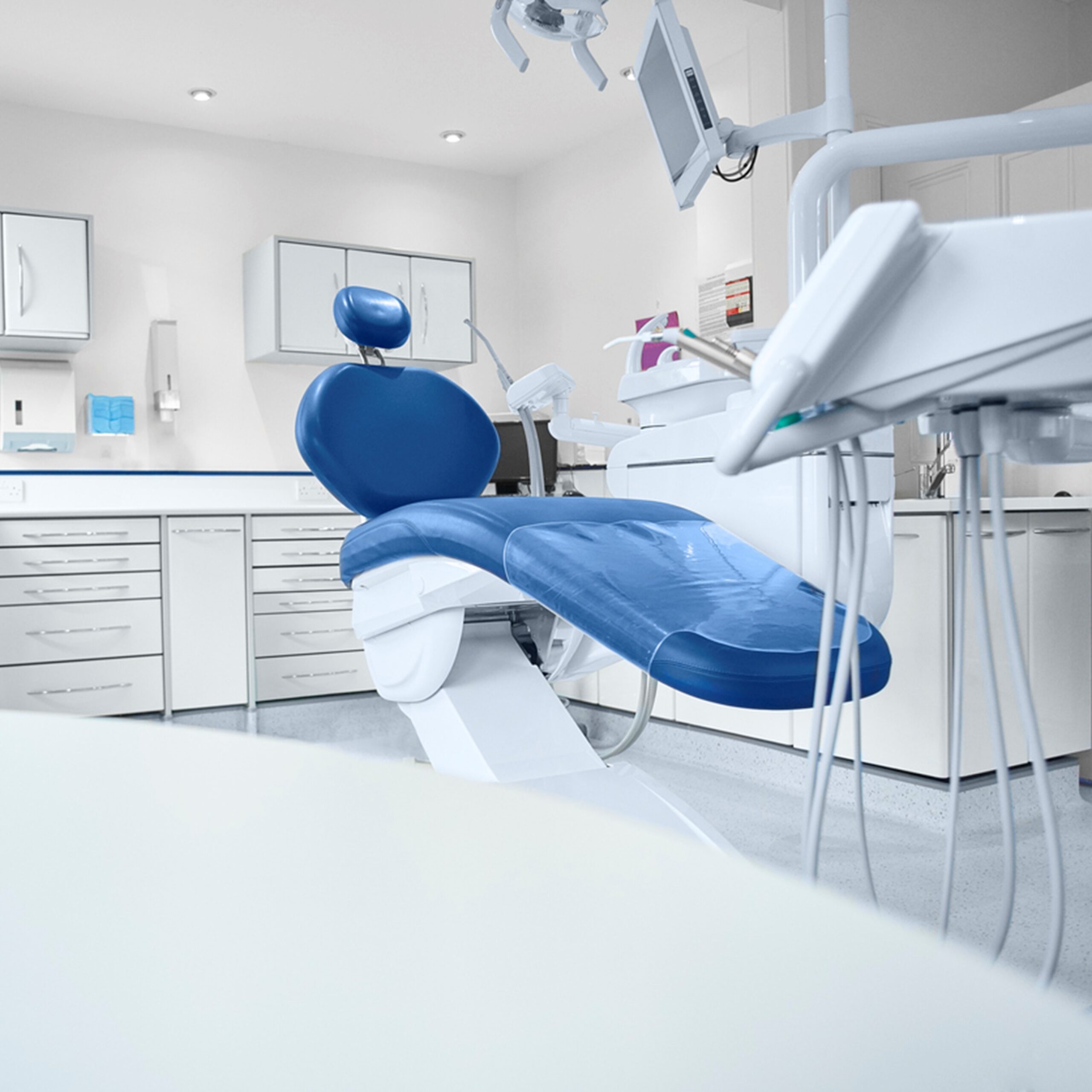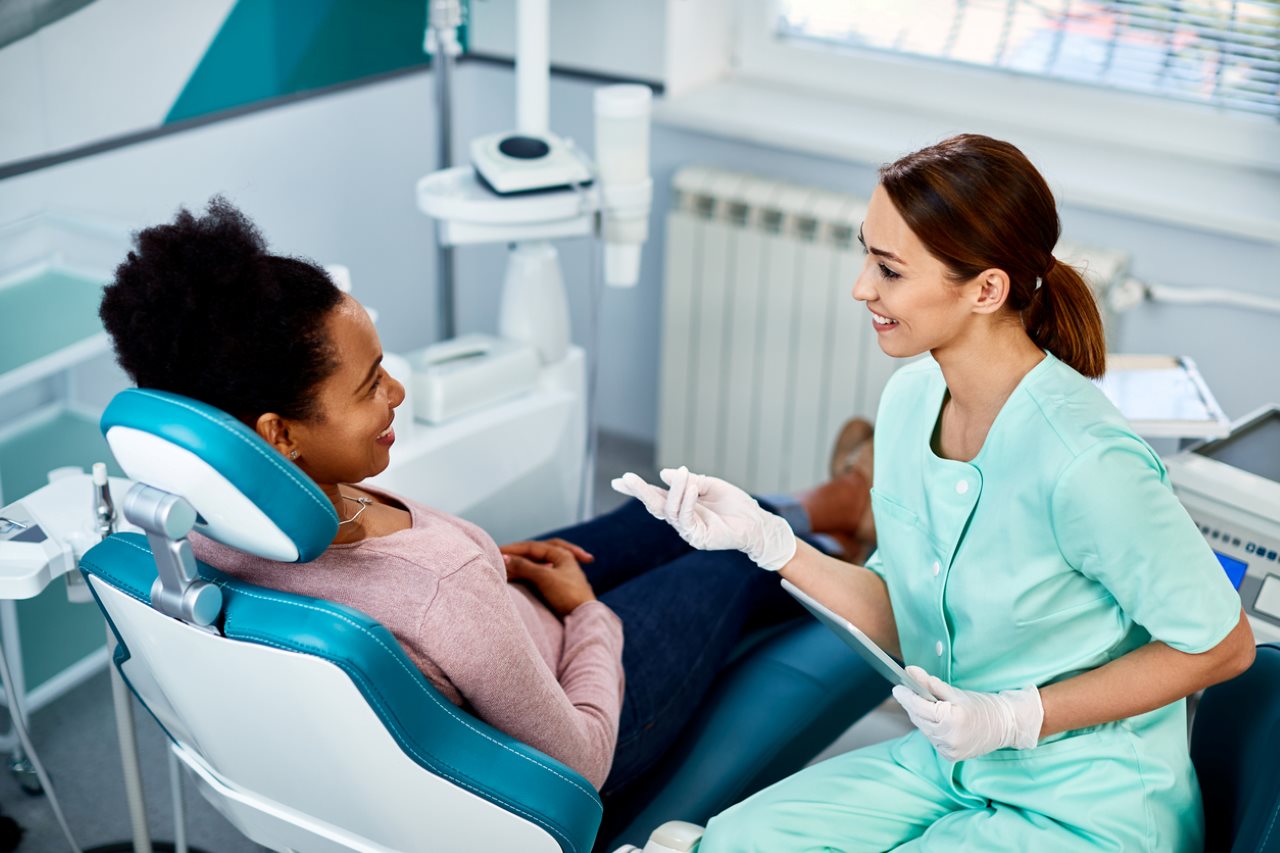Jan
22

We all know how important it is to stay on top of our oral health – but how often should you visit the dentist? While the recommended frequency for dental visits used to be once every 6 months in the UK, there are a number of personal factors at play that can influence this figure. So, the question remains: how often should you be taking a trip to your local dental surgery, and why is it important to keep up with regular appointments? Let’s take a look.
Understanding the Importance of Dental Check-ups
Dental check-ups are an integral part of oral healthcare, and transcend well beyond mere teeth cleaning; your regular dental visits are a proactive measure to prevent potential dental issues as well as health problems, some of which require an early diagnosis for treatment to be effective. During regular check-ups, dentists can detect problems such as gum disease, ulcers, and even some forms of cancer at an early stage, often before any symptoms become noticeable. This early detection is vital in stopping minor dental issues or more serious health issues from escalating into more serious conditions and also prevents you from having to frantically book an emergency appointment when inevitable problems escalate.
How Often Should You Visit The Dentist?
How often you visit the dentist will vary depending on several individual factors; firstly, your oral health status is a primary determinant; if you have a history of dental issues like cavities, gum disease, or plaque buildup, you may need to visit more frequently. Lifestyle choices, including smoking, a diet high in sugar, and alcohol consumption, can also increase the risk of dental problems, and in turn, necessitate more frequent regular check-ups. Additionally, certain medical conditions, such as diabetes or autoimmune disorders, can impact oral health and require closer dental monitoring.
Read Next: How Long is a Dental Visit in the UK?
General Guidelines for Dental Visits
While individual dental needs differ, general guidelines suggest visiting the dentist at least twice a year, with a bi-annual schedule typically being adequate for maintaining good oral health. However, those with ongoing dental issues or specific health concerns may be advised to visit more frequently for optimal care.
Benefits of Regular Dental Check-ups

Making sure to keep on top of your dental appointments offers numerous benefits both for your oral health and overall well-being; as mentioned earlier, these visits allow for the early detection of dental issues such as cavities, gum diseases, and early signs of oral cancer. Routine check-ups and cleanings help prevent the onset of oral diseases; dental professionals also provide crucial cleaning services that remove tartar and plaque buildup, which are not possible to clean thoroughly at home. Additionally, these visits offer an opportunity for dentists to give personalised advice on improving oral hygiene practices based on your concerns.
Maintaining Oral Health Between Visits
Maintaining oral health between dental visits is essential, and this begins with regular brushing and flossing, the two non-negotiable cornerstones of good oral hygiene. This is because brushing twice a day with fluoride toothpaste – as well as daily flossing – is effective in removing plaque and preventing tartar buildup. Diet plays a significant role in oral health; reducing your intake of sugary and acidic foods is beneficial in preventing tooth decay while using recommended oral health products like specific toothpastes and mouthwashes can also contribute to stronger teeth and a healthier mouth.
Addressing Dental Anxiety and Concerns
Dental anxiety can be a significant barrier to regular dental check-ups, but it’s important to address any fears or concerns with your dentist, especially before your fear of the dentist turns into chronic anxiety that keeps you from maintaining your oral health. Open communication with your dentist can help here; allow them to understand your fear of check-ups or procedures and allow them to reassure you and alleviate your fears – this ensures a more positive dental experience for both of you. If you’re still worried, you can take a look at our find the right dentist tips and tricks over on our blog.
Also Read: 10 Tips for Maintaining Dental Hygiene
FAQs
Is there a best time of day for a dental check-up?
There is no specific ‘best’ time for a dental check-up; it primarily depends on your schedule and preferences. Some people prefer morning appointments to get it done early in the day, while others may find it easier to visit during lunch hours or in the evening.
How do I know if I need more frequent dental check-ups?
If you have a history of dental issues like gum disease, frequent cavities, or are undergoing certain treatments like orthodontics, your dentist may recommend more frequent check-ups. Individuals with certain medical conditions, such as diabetes, or lifestyle factors like smoking may also require more frequent visits.
What should I do if I have dental anxiety?
It’s important to communicate your anxiety with your dentist, as some dental clinics might offer solutions like sedation dentistry to help patients feel more relaxed. Techniques such as deep breathing or listening to music during your visit can also be helpful.
What happens if I skip my dental check-ups?
Skipping dental check-ups can lead to undetected oral health issues which can worsen over time. This can result in more complex, costly treatments in the future compared to what might have been simpler preventative care.










